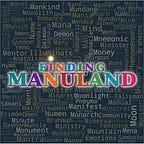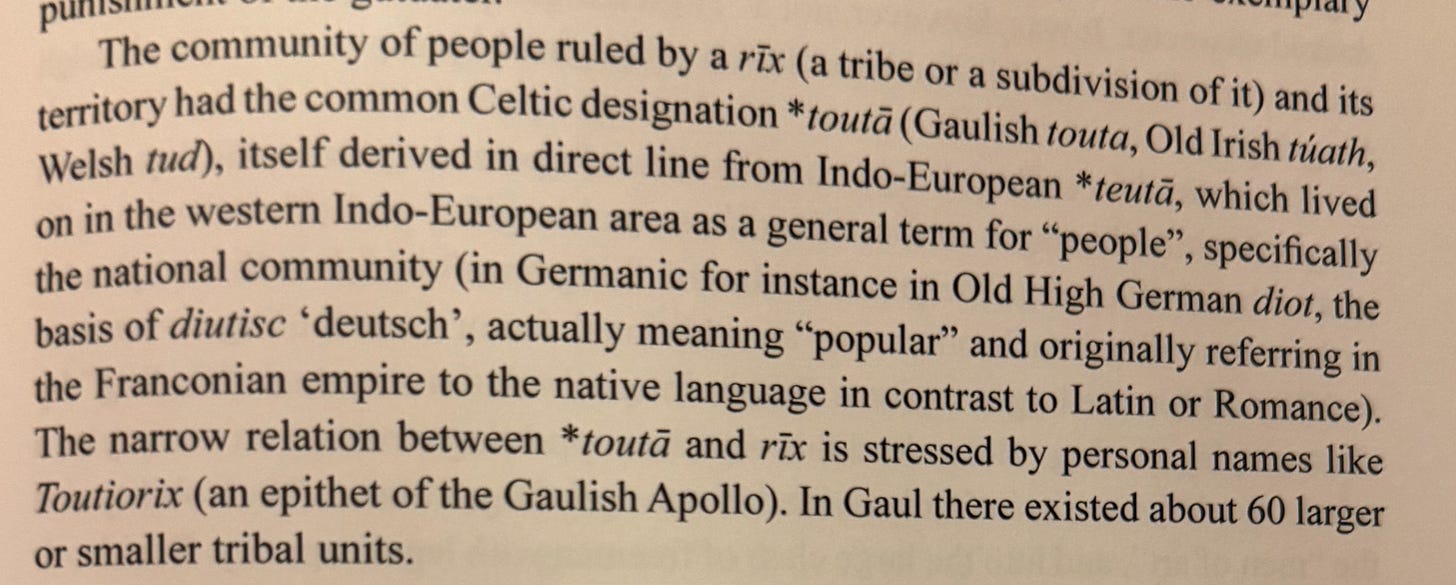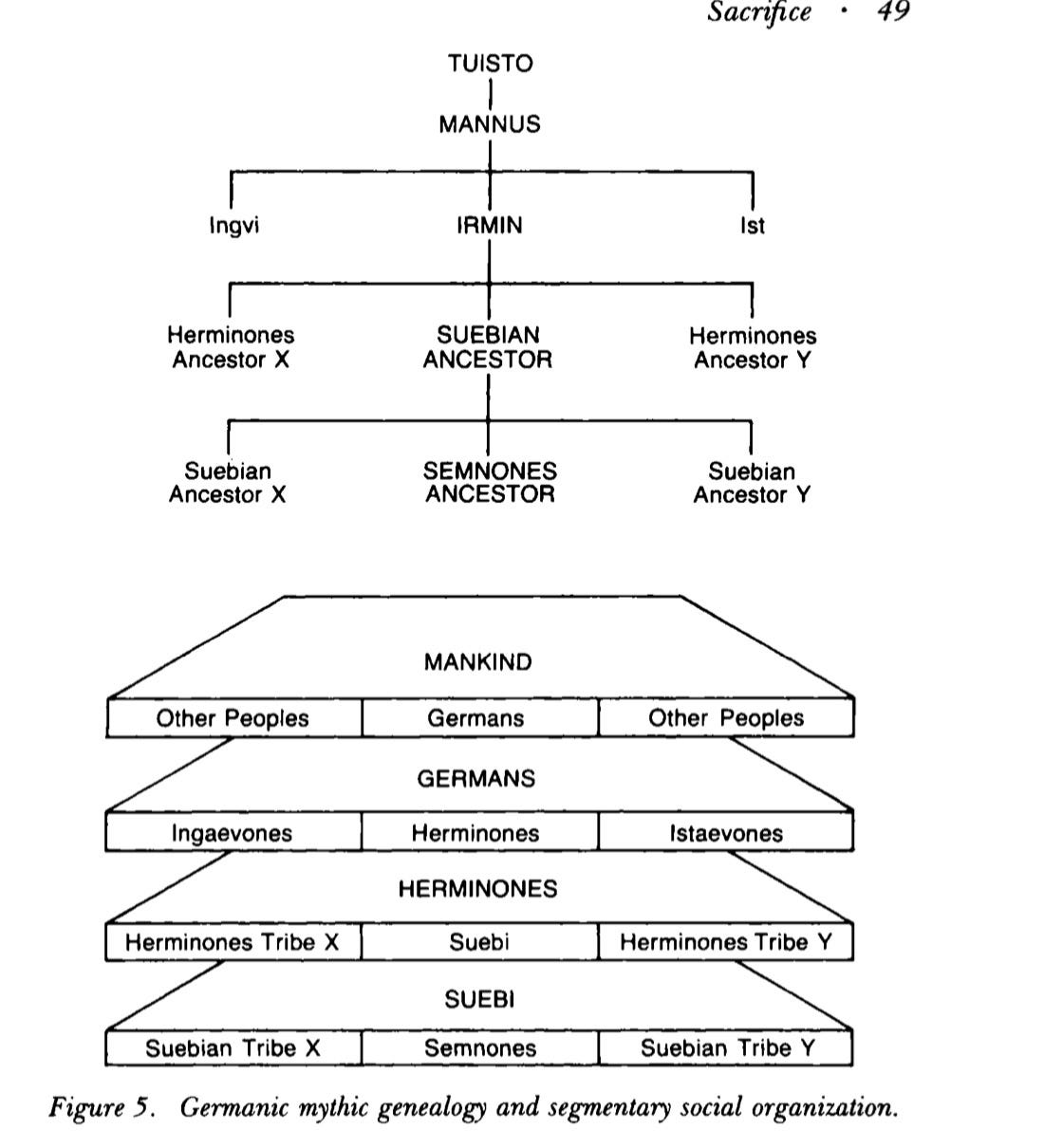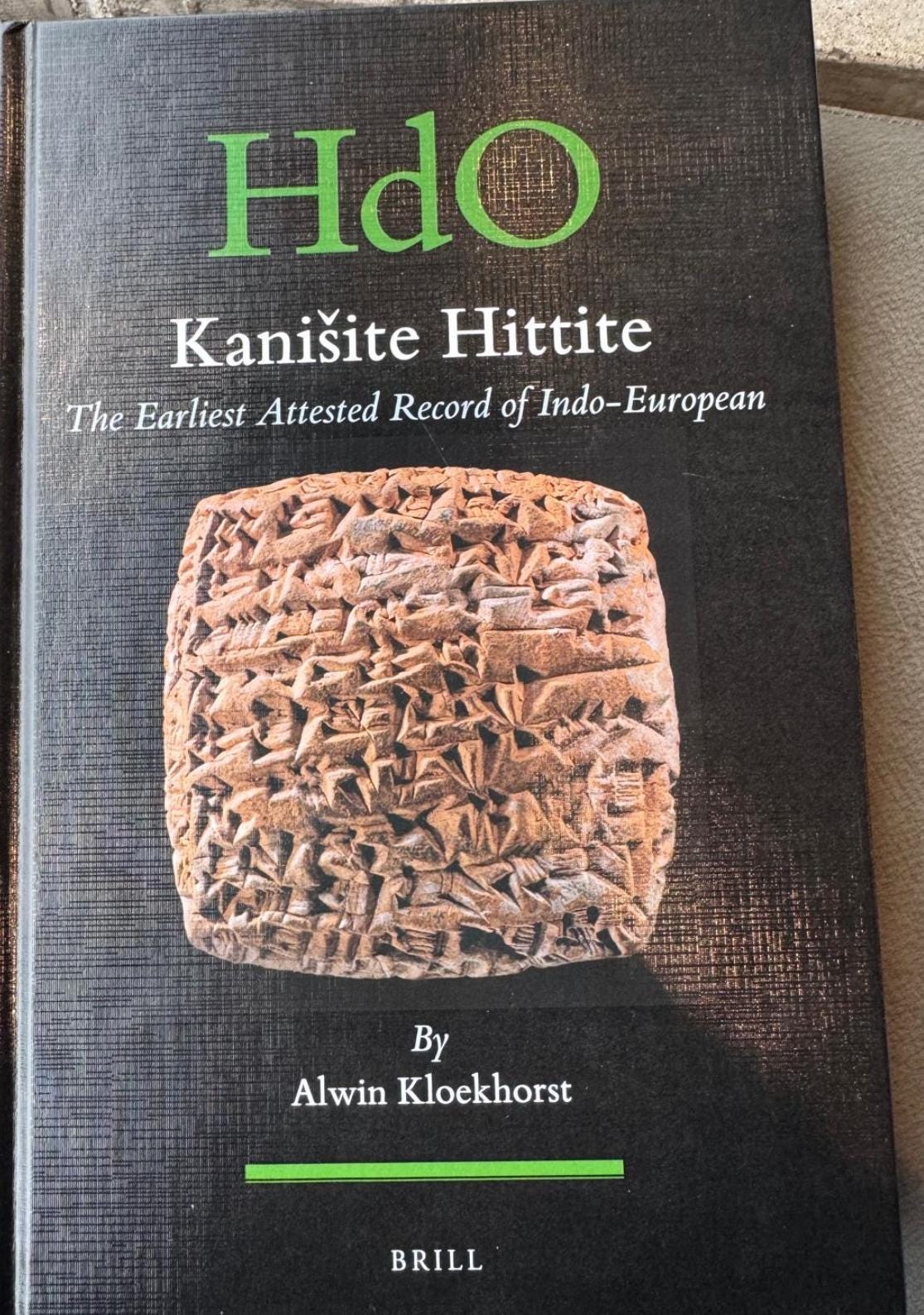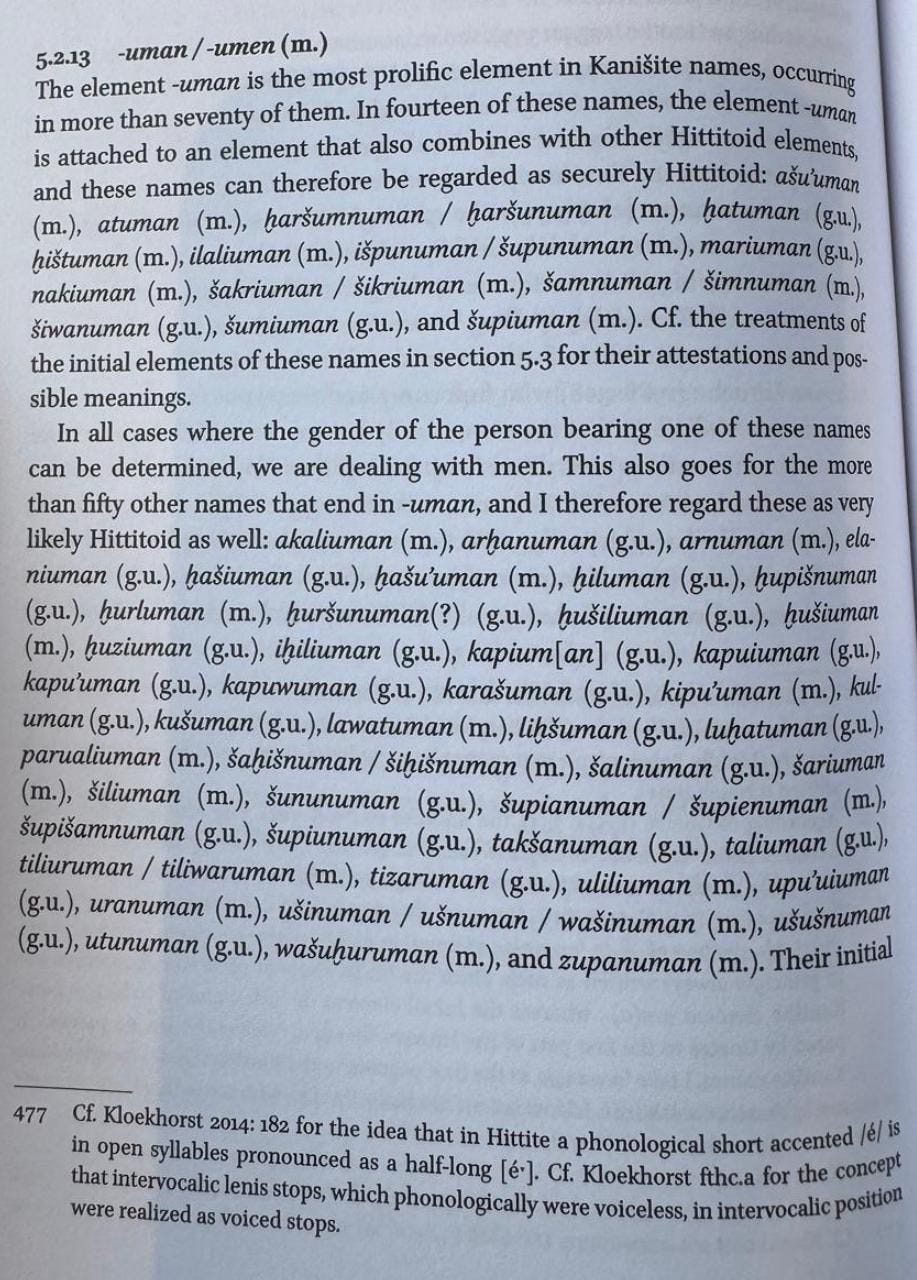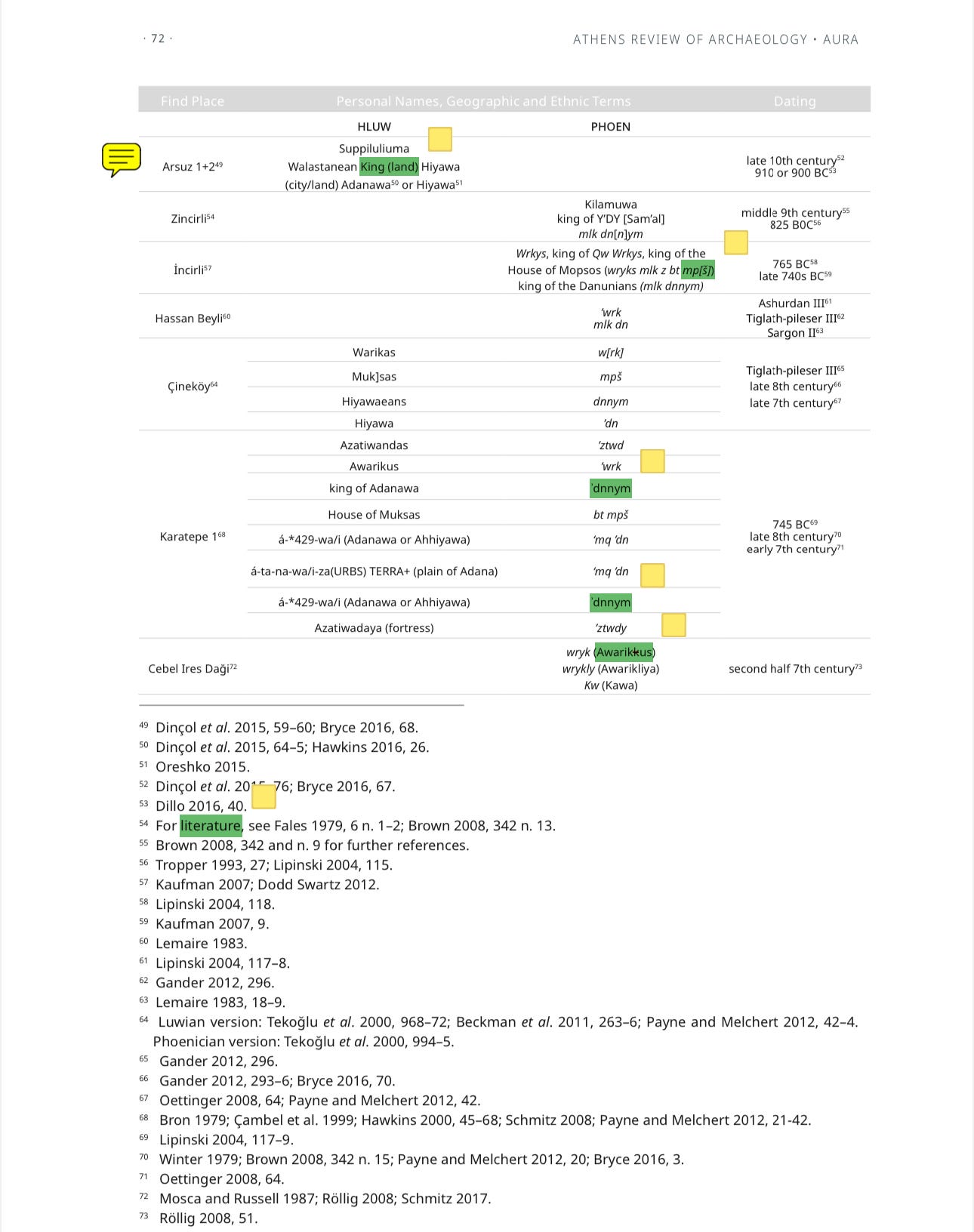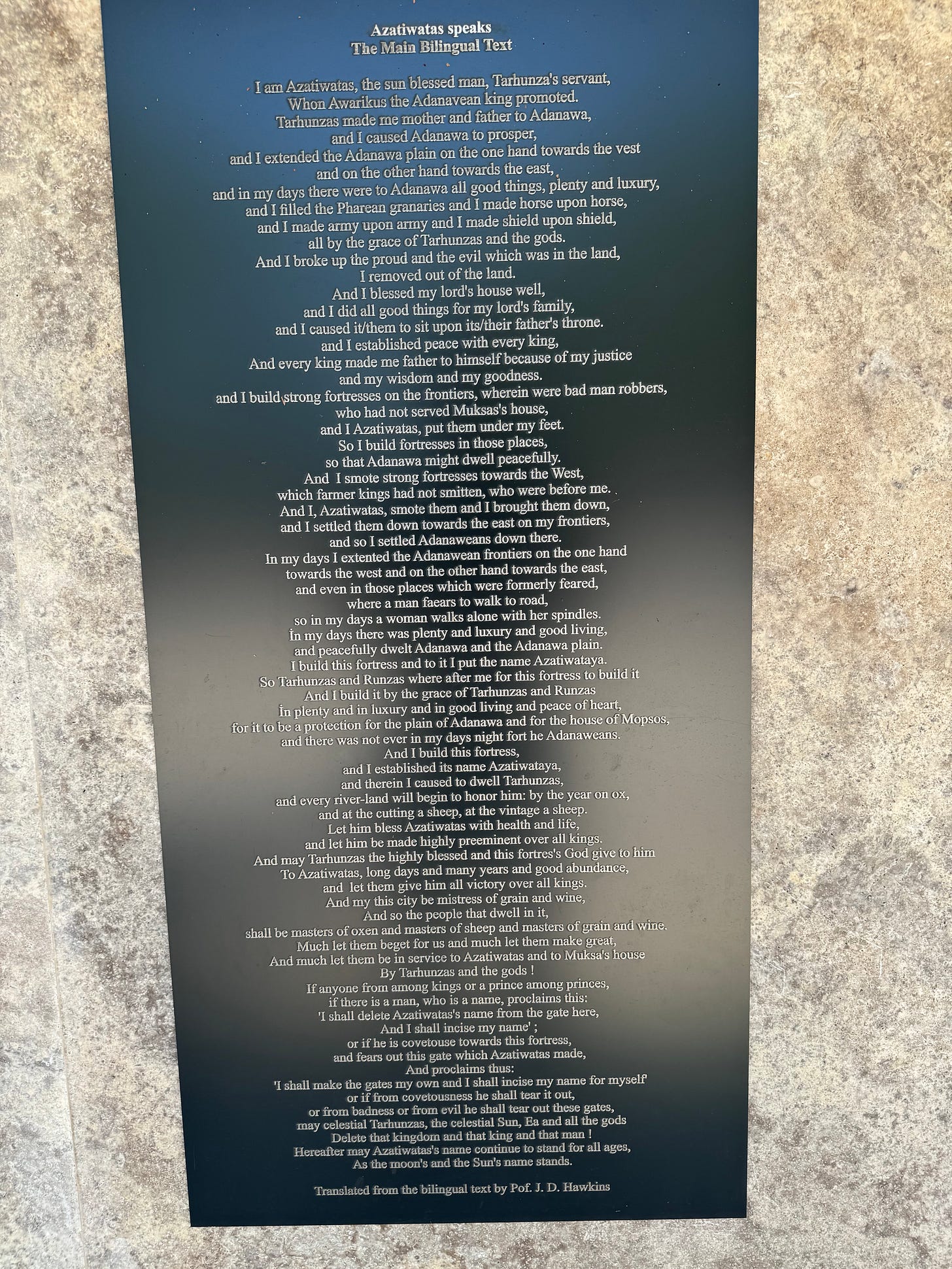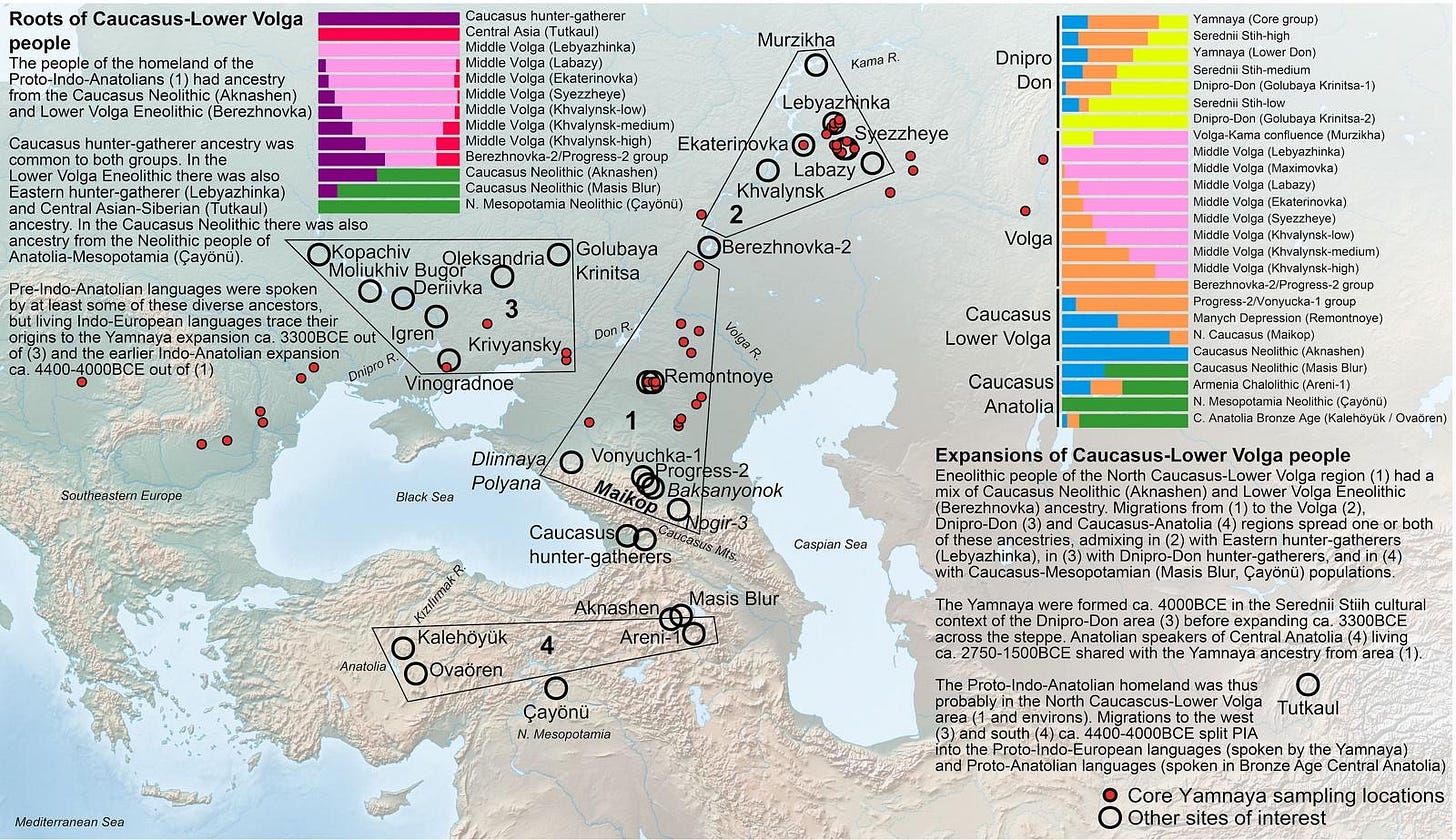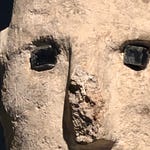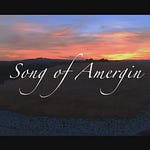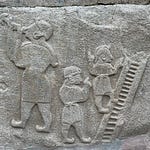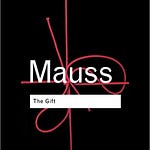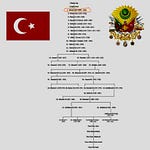Here in the manner of a Netflix season, I’m going to drop all six episodes in this ‘Mannus or Manu’ season in one go. Then, on PowerofMana.net or Spotify or Apple Podcasts (search for ‘Finding Manuland’ and subscribe!!), you can binge listen, or eke out listening as you might savour a fine wine.
Germany or India: Which came first?
Let’s use the Finding Manuland method to see which of these two great Indo-European cultures arrived first into history?
Hint: It’s a trick question, and I’ll reveal all at the end:
On the way there though we’ll run through the staples of Finding Manuland method:
Mana, Language and Journeying: that’s the components of every Finding Manuland podcast!
I'm Decoding Trolls and this is the Finding Manuland podcast. As ever, we'll go through the three elements in the Finding Manuland podcast method.
We look at Mana, the M-N- in Mana meaning “energy.” The energy we exchange as a function of being sentient beings.
The second element is language and linguistics. So the M-N- element in Indo-European languages, which we can trace back to at least 4100 BCE, when the first Indo-European language was spoken in southern Ukraine.
The third element is: journeys. Mental and physical journeys. My aim in Finding Manuland is to change your mental model of history, of human culture, of Indo-European culture. If you can understand the words I'm saying today, then you are an Indo-European. You speak an Indo-European language either as your first your native language or you have learnt it.
The second part of this the third element in the Finding Manuland method is the physical journeys we embark upon in every episode. I spend my time journeying in the space between Ireland and India and going to places in search of insights about the M-N- sound immanent in almost every sentence we speak. To places looking for the remnants in today of our last 6,000 years of culture.
So I try to communicate all that to you. Most of our podcasts are a mixture to a greater or lesser degree of those three elements, Mana, language and journeying. Mana, language and voyaging.
Today we're going to use the M-N-sound to look at which came first, India or Germany. Which came first, Manu, India's first human, or Manus, Germanic culture's first human. This is a story which is very dear to my heart because it was noticing this supposed coincidence between the fact that India's first human was Manu (and I think I probably learned that from a Lonely Planet guide from traveling in India in the 90s), and then realizing that actually in Germanic culture (and the clue is in the MN sound in Germanic, Allemagne culture) was Mannus, its first human.
So that question had occurred to me decades ago. And it came to the fore when I tell the story in the very first episode of Finding Manuland, (which you will find in a textual version on powerofmana.net).
I tell the story of how I was returning to my diplomatic posting in Ukraine in November 2021, just before the full-scale invasion, and how I came to the town of Maine in eastern France. I kept on going through different M-N-sounding towns around there.
Out of that journey, I discovered, actually, that there is this great community of Indo-Europeans called the Menapii, for whom the Manche is named, which is what the English call the “English Channel.” The French call it the Manche, because the Menapii ruled out of Cassels, which is this amazing hilltop town. It's on a mound, and it's beside another mound in eastern France. Out of that journey and out of that realisation that there's something going on, something M-N- going on in this area - We've got Mons (which is in today's Belgium). We've got Maine. Amiens. We've got lots of different places names that have M-N immanent within them. A phenomenon which I'd also noted elsewhere.
Since then, I've discovered, there's thousands of place names in Ireland, including Fermanagh, which is a northern county, Monaghan. Loch Ghormain (Wexford). Kil Mhaintin (Wicklow) and these names also came from the Menapii colonisers, who colonized Ireland and around the coast of England around 100 or 200 AD in the Common Era.
The Menapii themselves were just yet another community of Indo-Europeans. Of the thousands of Indo-European communities between Ireland and India, who all grew out of a relatively small community, of Indo-Europeans called the Yamna, who lived in southern Ukraine from at least 4100 BCE. Today all of the living Indo-European languages which we speak between Ireland and India emanated from this community of Yamna in southern Ukraine. But I didn't know any of this then. I was just looking for why is this M-N-sound ubiquitous.
So I had this notion that I could try and find an answer to why M-N- was occurring in so many place names. Finding Manuland is about telling you the answers I've found.
So in 1947, it was assumed that the Germanic “man” within “Mannus” stems came from Sanskrit (which is an ancient Indian language, not the most ancient that we have which is Vedic). It's an ancient Indian language. So there, and actually in Germanic, if you put into Google Translate “Indo-European,” up until very recently it used to translate “Indo-European” into “Indogermanisch” (nice to see an M-N- sound recurring in that now archaic name for the world’s largest language family!). When these artefacts became solidified in the German language... The idea of Indo-European languages was quite basic compared to what we know about today.
Particularly since 2015, when the first definitive paper using ancient genetics, the examination of ancient DNA, was published in humanity's preeminent scientific journal, Nature.
Since then, we understand a lot more about the Indo-European languages and where it came from, who spoke it and the meanings. As far as I'm aware, I'm the first person to trace this M-N- sound, which is ubiquitous in every Indo-European language, every part of the tree living Indo-European languages.
Indeed, as I outlined in my Hittite podcast, that the -Uman sound, so the -Uman sound, is used by modern linguists to determine which is Hittite (which is the earliest attested Indo-European language. Hittite was spoken in Anatolia, which is now mainly covered by the nation-state Türkiye (which is a mainly non-Indo-European people).
The sound -Uman is used by modern linguists to distinguish between Indo-European Hittite and non-Semitic Assyrian. So in this place, Kanis, where I have visited a couple times and I've told you some stories about it, and I’ll continue telling you stories about it because it's such an important place.
It's the mythological and actual genetic route of Hittite. The Hittite empire was one of the great empires of antiquity. When scholars are given a set of documents, as they have in this village, Kanis, around 20, 23,000, I think it is, cuneiform texts, and they're trying to distinguish what which is the Indo-European root of Hittite, Kanisite Hittite in this document, and which is the Assyrian, then the -Uman sound is used to distinguish the Indo-European from the Assyrian.
Of course, I didn't know this when I was in Eastern France years ago. I've only found this since - since I’ve been out Finding Manuland.
So we're looking today at which came first, Manu, India's first human, or Mannus, Germanic culture's first human.
Rig Veda 10.63.7
“Ādityas, to whom, Manu, having kindled the fire, offered the first sacrifice with (reverent) mind,(aided) by the seven ministrant priests, do you bestow upon us prosperity, free from peril; provide for us plural asantpaths easy to travel for our well-being.”
The best the Oxford English Dictionary can say is, today (this is the contemporary view):
The pre-Germanic etymology of the word “Man” is problematic. Formerly, the -nn- of the Germanic consonant stem was held to have developed from an earlier -nw- , directly reflected in Sanskrit manu man.
So the older view was that the German Mannus had come from the Indian culture; That the word “man” or human that we use in English (which is a Germanic language, it is an offshoot of the Germanic branch of the Indo-European languages), is that, somehow, this had come from India.
But today, the Oxford English Dictionary merely says the pre-Germanic etymology of the word man is “problematic.” I'm going to solve this “problem” here, in Finding Manuland.
I have a very convincing solution to the ages-old issue about why the actual word we use to describe our species contains the M-N- sound. In case people think, well, he's just an amateur. How could he solve a problem which linguists have not been able to solve for hundreds of years? To that, I will say, in all humility, for instance, the Hittite language was discovered to be an Indo-European language by a Czech artillery officer in 1915.
Nobody believed him at the time. It took decades for his insights to become understood as scientifically well-grounded and correct. All science and all the sciences have been advanced by amateurs such as myself.
You don't need, obviously, to believe anything I say. You can Google things which I say and do your own research. I hope the physical journey and intellectual journeys that I take you on though will give you enough of an intellectual boost that even if you don't accept what I say as true, then you will learn many things which are true of which you knew nothing before you began Finding Manuland.
Given the state of the world today, I want Finding Manuland to be this nice little womb-like little pit that you can you can duck and dive into away from the cares of the world.
Allow me to communicate my Mana (my energy) to you through the timbre of my voice!
Using established scientific techniques and cross readings between hundreds of years of history comparative archaeology, cultural psychology, comparative linguistics, comparative religions, comparative mythology and my anti-disinformation skill set (which I talk about mostly in my disinfolklore project), I solve the problem of the origins of the M-N- sound in the word we use to signify our species. I also propose why the Mana in humankind is so important. Why the energy in humankind,… Why the M-N- sound in the moniker human is so important to understanding what it means to be a human living in communities today.
This is what Finding Manuland is about - these three elements: Mana exchange, Linguistics, and the changing of mental models.
Around November 2022, I did finally solve or come up with a cogent hypothesis about the meaning of this M-N- sound; why it is SO immanent in our language; and why it's used to signify our species and so many mythological founders in Indo-European cultures.
However, as ever in any human endeavour, solving one problem opens up worlds I never imagined existed before I set out to find Manuland.
Yet, even before then, while I was on that search, that result only opened up new avenues and new vistas.
Every time I travel to a new place which is connected to the M-N- Sound between Ireland and India (as I spend most of my time now doing) whole new vistas open up. That's why I think Finding Manuland will be one project and program which I will continue for the rest of my life. Hopefully you will join me on this amazing journey. Thank you very much for being along with me on this journey!
It's amazing that when I finish recording this, I can just send it out to you and you see it, hear it, feel it. Especially if you've paid to receive Finding Manuland, your Mana is totally in my Mana now and my Mana, my voice, is inside you. The things I can share with you, which perhaps you didn't know, become an essential part of you.
So the root of the pre-Germanic language first became established in Central Europe. They spread up the Dniester River, which is in today's Ukraine, and the Danube River. So this D-N- sound (which alongside the M-N- sound is one of the three main sounds I have found inside almost every important vocabulary in each Indo-European language). Sounds and meanings immanent in almost every sentence we speak in an Indo-European language today. The D-N- sound is very important with that. In fact, my interest in the D-N- sound predates my interest in the M-N- sound.
D-N-‘s in the Don River. It's in the Donets River. We're moving, if you can adjust your brain now, we're moving westwards from the Don River, one of the great rivers of Europe, westwards to the Donets River, where I worked on a bridge over the Donets in eastern Ukraine between 2015 and 2018 on a bridge which divided the Russian occupiers from government control.
We're moving westwards across to the Don, the Don-Hyper (Dnipro) River, the Dnipro River, as it's known today, where I lived in the city of Dnipro, which is basically Don Hyper, the upper Don, when you're looking at it from the perspective of Crimea, you're looking upwards towards the Dnipro River from the exact place where it turns out the Yamna community who forged the forebear of all extant, all living Indo-European languages lived, before the migrations.
I lived in the city of Dnipro from 2018 to 2022, and we're moving westwards then on to the Dniester, the Don-Istris River, another great river of Europe, and then further west to the Danube, that also runs through Ancient and contemporary Ukraine. And all of these rivers are in, were in ancient Ukraine and are in modern Ukraine, except for the Don River, which was taken away from Ukraine in 1953, I think it was, by Khrushchev. But we won't go there for the second. So this D-N- sound’s very important. We've got the Tuatha de Dannán, who were the second of the three mythological Indo-European invaders of Ireland.
We have the Danaeans, who were the first Greeks, according to Homer, and the Sea People. We have many different cultures across Indo-European and important monarchies. with this d-n- sound in it. And then the other is the r-t-, the -Rch, Rg / Rt / Reg / Rch / Rit / Rd sound, meaning right, meaning truth, Rta, from the Vedic, from the Sanskrit, and Arta in the ancient Iranian.
That r-t- is in right, -Rta, and almost every sentence we speak.
Yet the M-N- sound, I hope you'll be convinced or you'll see why I think it's more fundamental. For instance, it's the M-N- in fundamental! So the root of the pre-Germanic language basically comes from the Yamnaya, who lived the Yamna in Ukrainian, a transcription from Ukrainian.
The Yamna lived in an area which is under a lot of fire at the moment in Kherson, around Kherson and Mykolaev in southern Ukraine. A community of Yamna spread from there westwards towards today's Odesa. And they joined up with this Usatovo group. culture, who have many, many things in common with the Yamna.
And out of this meeting, out of this community, which was formed of the Yamna and the Usatova, came the Italic, the Celtic and the Germanic language communities. Now, linguists still don't know which came first. It's possible Germanic evolved later on in an area which is closer to where Germany is now, or it's possible they individuated around that area then just east of Odesa into Celtic, Italic and Germanic language families.
What is certain, according to linguists, is Celtic culture and Italic culture individuated there. So when I say Italic, I mean everything you know about the Ancient Romans was seeded in this area. So a community of this joining together of the Usatobo and Yamna community, a community offshooted from this. It was their descendants who would unify all the tribes in what we today call Italy and who would become ancient Rome. So we see Rome as the beginning of something. And Romulus and R(y)emus, whose grandfather, by the way, had an N-M- reversed sound in their name, Numitor. So all of that comes from this community.
So this is what I mean by expanding your mental models of time and cultures and community. We have this journey which the early Proto-Germanic language speakers took up from the Azov Sea coast, from the Black Sea coast, up the Dniester River and up the Danube River into what today we would call Germany. We would assume that they brought with them this M-N- sound and Mannus as their mythological founder.
Why? Well, there is this saw, as it were, which we have in linguistics and in this kind of work, which says that basically if you have the same linguistic language, phenomenon and meaning in an Indo-European language west of Ukraine and as in an Indo-European language east of Ukraine, then we can be, all other things considered, assume that this comes from the common source.
So the first Indo-Europeans in India also came from Ukraine, ultimately, and we know this now as a matter of scientific certainty since 2019 when the journal Science published the first peer-reviewed examination of the ancient DNA and the Brahman, who were a priestly caste in ancient India, and again notice the M-N-sound in Brahman. In Flamines, who were the priestly caste in ancient Roman culture, again, we have the same M-N-sound in there, which is, of course, interesting and not a coincidence.
Because, as just discussed, they all come from this Yamna, M-N in Yamna as well, community in southern Ukraine.
So we've got Manu and Mannus, who not only sound the same, they've got this M-N sound, they also fulfill the same function.
The society, the community, the communality, the municipality, the country emanates from Manu in Indian lore and also from Mannus in German lore. So we have this coincidence or borrowing or from a common source. We always have these three choices when we're faced with these commonalities like the first human in Indian culture is Manu and the first human in Germanic culture is Mannus - Is this a coincidence? Is it borrowing one from the other? So as was thought, the Germans copied the Indians. Or, third, is it from a common source?
The M-N-, by the way, is obviously in common as well, in the word common.
All of us can make a decision about these issues. I've told you before about this principle that if you've got an instance of a similar trope or function or moniker in one Indo-European language west of Ukraine, if you've got another east of Ukraine, then it's more likely than not on the balance of probability, this is an emanation from a common source.

It's not a coincidence. It's not borrowing. And so writing in 98 years into the Common Era, the Roman writer Tacitus mentions the Germanic legend of tribal origin. And note, of course, Tacitus didn't know about the existence of Indo-European languages.
He didn't realise that Germanic linguistic and mythological and religious culture had emanated from the same place ultimately. that Roman culture had. The Romans saw themselves as much more advanced than the Germans at the time. The Germans did fight against them very well and preserve their culture in a way that other countries didn't. For instance, France, which was a Celtic culture, Gaul, it lost its language, and it became a Romance language and evolved from there. Indeed so did what would become the English twice. England and the island of Britain was a Celtic culture when the Romans arrived and the Romans wiped the Celtic culture out.
So you could maybe think of three brothers in the area just east of Odesa, and one goes on to found the Italic branch of the Indo-European languages and conquer the whole of Italy. The other moves up the Danube or up the Dniester River, and founds a Celtic culture which first really solidified around modern Czechia (the Hercunian forest), as it was known. Then it spread from there to Ireland. the island of Britain, all the way to the south of Spain, Lusitania, parts of Italy, northern Italy. Aboats, the current capital of Türkiye, is a Celtic founded city (I was also there last January).
The third mythological brother maybe left a couple of days later. He went on to found, and maybe his sister, maybe she went on to found the Germanic culture. Then centuries later, they all forget they come from the same source. But they do see there's some family resemblance to their different languages and cultures and myths.
So writing in 98, Tacitus mentions the Germanic legend of tribal origin.
“In their ancient ballads, their only form of recorded history, they celebrate Tuisto, a god sprung from earth, and they assign him a son called Mannus, their progenitor, through his three sons. The Romans were fully aware that Scandinavia... was also a womb of nations.”
Scandinavia is a Germanic culture. So even the Romans knew that then. But again, they couldn't guess for a second that it all came from Ukraine, from ancient Ukraine. And this area of Scandinavia continually sent forth new waves of migrations. What they could not know is that the Germanic settlers of the north also belonged to the Indo-European group. And in a similar manner, the Angles, the Saxons, the Jutes, who then occupied the island of Britain after the Romans withdrew in 423, they themselves were also a Germanic religion.
“And the Germans celebrate in their ancient songs, which are their only means of remembrance or recording the paths, an earth-born god, Tuisto,…”
Tuisto, meaning twin. But also, it also sounds a bit, it could be like, Christo, Deusto, could also be God, Twisto. It could be the meaning of God, Deus. We've talked before about that, meaning sky.
“His son Mannus was the origin of their race and their founder. They assign three sons to Mannus. And from their names, they call those close to the ocean, Ingaevones. Those in the middle, Hermenones. And all the rest, Istavones…”
And notice, Ingaevones gives their name to England, to the English. So it was that community of Germans from around the area of Denmark, today's Denmark, again D-N- in there, who then would occupy and dominate the island of Britain and become the English.
Those in the middle, Herminones, so the M-N- is in Herminones, and all the rest, Istaevones.
Note my name is “Stephen.” My name is derived from Istaevones. And the trifunctional interpretation of Tuisto's three grandsons, or Mannus's three sons, was proposed in 1939. And... Basically, the Ingaevones corresponds to the fertility function, the economy, the farmers in society. Herminones corresponds to the sovereignty function, which contains the magical and the juridical elements. And the rest Istaevones, my namesake, corresponds to the military. And so we will continue this episode in a second.
Tacitus:
GERMANIA, CHAPTER 2
(The Germans) celebrate in ancient songs-which are their only means of remembrance or recording the past—an earth-born god, Tuisto (or: Tuisco). His son Mannus was the origin of their race and their founder. They assign three sons to Mannus, and from their names they call those close to the ocean Ingaevones; those in the middle, Herminones; and all the rest, Istaevones.
Each of these three groupings thus has a tribal ancestor from whom they take their name: the Ingaevones from Ing, who corresponds to the Old Norse god Yngvi (Freyr); the Herminones from Irmin, the national god of the Saxons according to Widukind of Corvey and others (who may also correspond to ON Jormunr, a by-name of Oöinn); and the Istaevones from *Ist, who is unknown elsewhere.23 This brief account—taken from the ancient songs of the Germans themselves.
Continued:
Continued from:
First in series:

